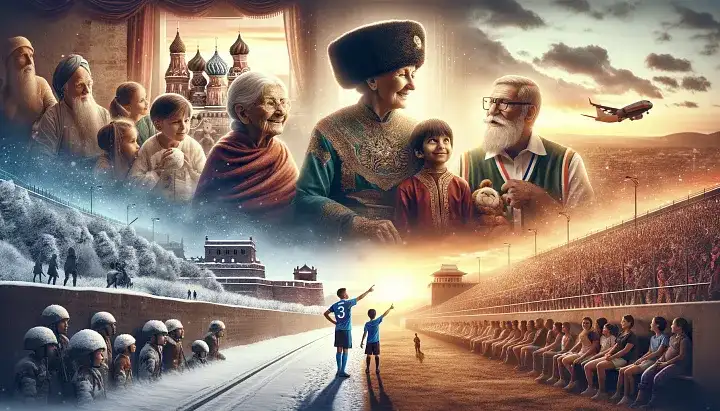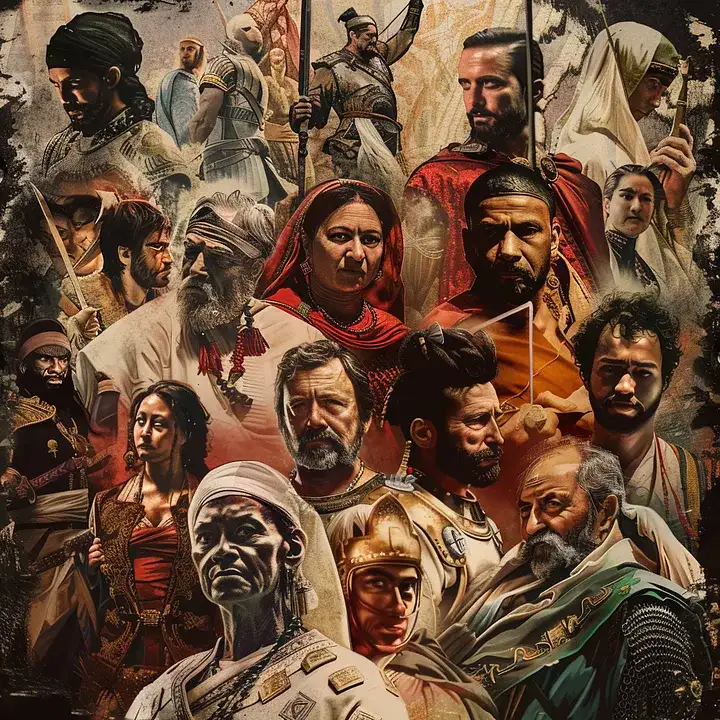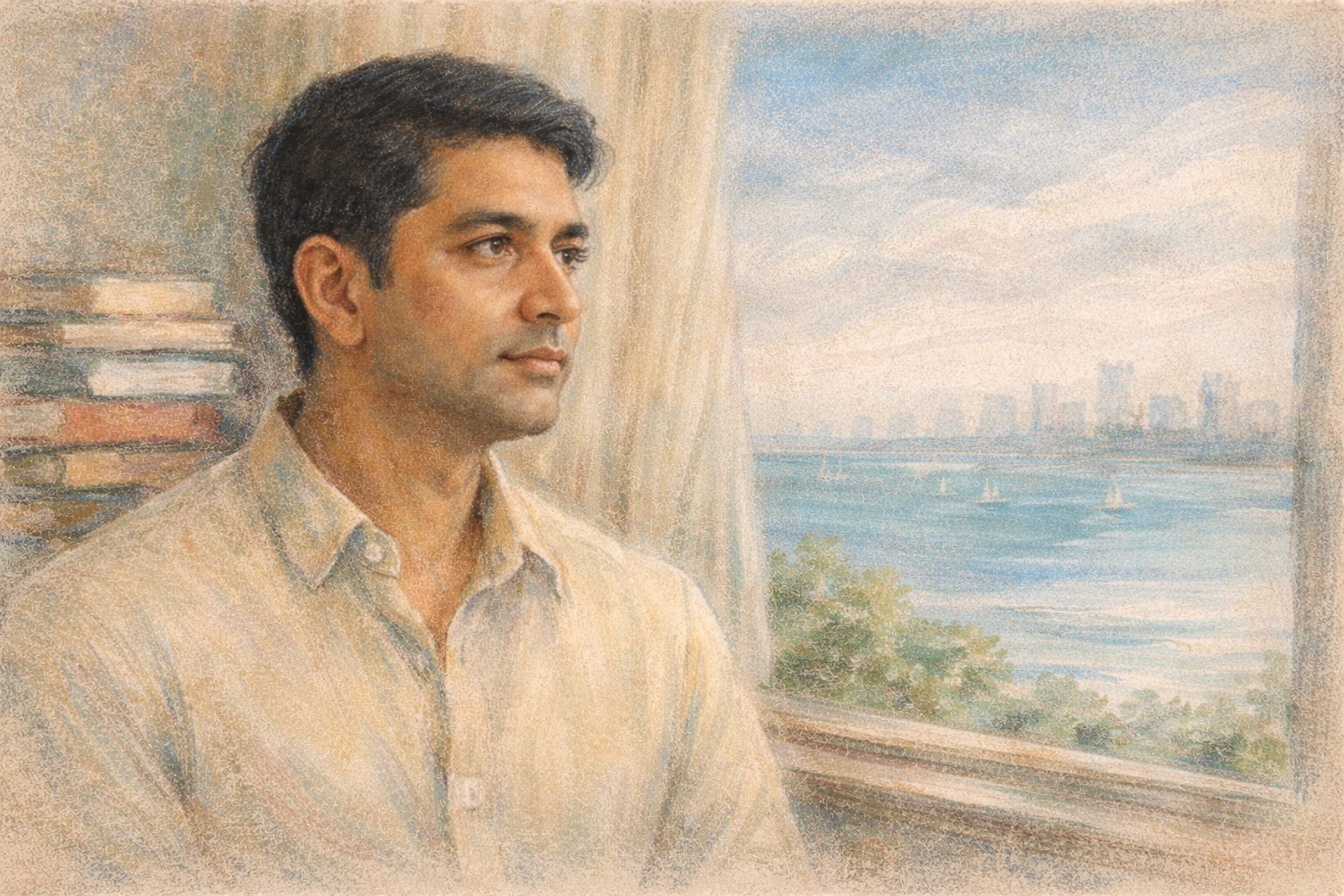The Stories we Tell Ourselves
I have always wondered why do Russians grind out in any war. They live out the harsh winter and win the war. Why do most Indian teams not win the trophy but accolades for having well-tried? Why do Australians win everything? How is it that traits are usually found in every group member?
I think it comes down to stories—the tales about the past which are passed from one generation to the next. Every story glorifies the hero and explains the scenario from his perspective. The conflict is presented in a way that is sympathetic to the situation the hero is in. The final ending is also described in a way that justifies the hero's decisions. If the hero wins, the story is about a person overcoming insurmountable odds. If he loses, it becomes a tragedy about a righteous person wronged by circumstances.
These stories are passed down from generation to generation and condition young, impressionable minds. We start identifying with the heroes. We start living their lives. We imagine how we would react in that situation, how we would win the accolades. Sooner or later, these stories and their moral context become the matrix in which we operate. This is how members of a community react in the same way to the situation.
A Russian grandmother tells the story of the harsh Russian winter, with very few supplies, and our hero braving all of this to push Napolean out. So when Hitler comes, that Russian child remembers the story of adversity and fights the Germans. The Indian grandfather tells the story of great kings who fought bravely but were defeated by the superior technology or subterfuge of the other side. The Australians tell the story of grit, determination, playing hard, and mentally dominating their opponents. All of it is passed down. Till somebody deviates from the script.
So if you want to change the outcome - tell better stories. If you want to understand the other person - listen to the stories they hear.



